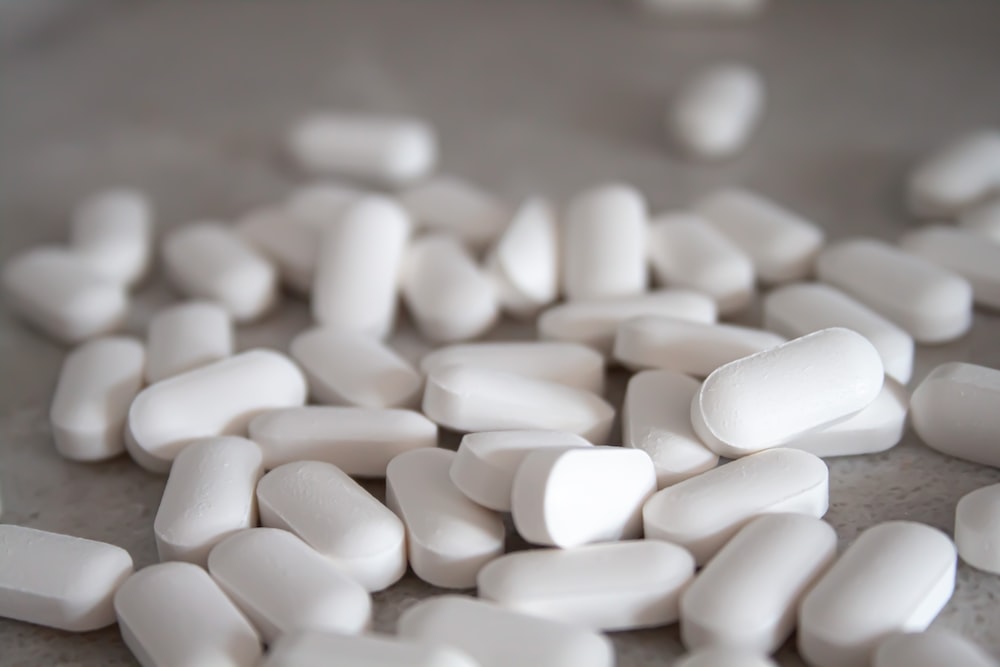Acetaminophen (APAP) is a widely used analgesic and antipyretic drug that acts on the thermogenic center of the brain to expel body heat and reduce body temperature. The recommended dose of acetaminophen is 10-15mg/kg body weight. Hence, excessive use of acetaminophen can cause side effects such as liver damage.
On a positive note, fucoidan, a sulfated polysaccharide derived from wakame seaweed, has various restorative pharmacological actions. However, the effect of Fucoidan on APAP-induced liver injury has not been thoroughly investigated yet.
So, I would like to introduce you to the study, “Fucoidan Alleviates Acetaminophen-Induced Hepatotoxicity via Oxidative Stress Inhibition and Nrf2 Translocation,” by Yu-qin Wang et al.
In this study, 6-week-old male Institute of Cancer Research (ICR) mice were treated intragastrically with fucoidan (100 or 200 mg/kg/day) or bicyclol for seven days, followed by a single dose of APAP (500 mg/kg/day).
First, we detected serum ALT and AST levels in different groups to investigate the role of fucoidan on APAP hepatotoxicity. Starting 4 h after APAP injection, hepatotoxicity was induced by increased serum levels of ALT and AST, and these increases continued up to 48 h after APAP administration. As a result, ALT and AST were significantly suppressed in fucoidan- and bicyclol-treated mice.
As shown in Figure 1C, APAP-induced accumulation of erythrocytes in central veins and sinusoids, infiltration of inflammatory cells, and disorganized arrangement of hepatocytes were effectively alleviated by fucoidan or bicyclol treatment. Hence, these results indicate that treatment with fucoidan or bicyclol prevented APAP-induced acute liver injury.
ROS may be a common etiology of liver disease. With the worsening liver injury, fucoidan continued its protective effect against hepatotoxicity by enhancing her SOD activity 48 h after APAP injection. (See Figure. 2G). It was also observed that fucoidan delayed the consumption of GSH in the early stages of liver injury. This effect suggests that it may also prevent hepatotoxicity.
To elucidate the protective mechanism of fucoidan against APAP-induced liver injury, an acute APAP injury model was established in the standard human hepatocyte HL-7702 cell line. Effect of fucoidan pretreatment on the viability of HL-7702 cells injured by APAP using MTT assay observed. As shown in Figure 3A, cell viability was significantly suppressed by incubation with 20 mM APAP for 24 h, whereas pretreatment with 50 or 100 μg/mL fucoidan significantly reduced the decreased cell viability. Fucoidan pretreatment ameliorated APAP damage to HL-7702 cells. (See Figure 3 C D)
Compared with the control group, APAP overdose significantly decreased GSH, CAT, and SOD activities 24 hours after APAP administration. However, pretreatment with fucoidan (100 μg/mL) significantly increased GSH content, CAT, and SOD activity, as expected. These data suggest that fucoidan alleviates APAP-induced oxidative stress by upregulating the activity of antioxidant enzymes in HL-7702 cells.
According to CYP2E1 protein expression level data using Western blot, only APAP was observed to enhance CYP2E1 protein levels in both liver tissue and HL-7702 cells. On the other hand, fucoidan and bicyclol significantly suppressed CYP2E1 expression. These findings suggest that the hepatoprotective effects of fucoidan may be partially related to the suppression of CYP enzymes.
In the case of APAP overdose, high levels of NAPQI deplete cellular glutathione, forming protein adducts, especially in mitochondria, inhibiting the electron transport chain, and causing electron leakage and oxidative stress. Pretreatment with fucoidan suppressed the phosphorylation of ASK1 and JNK. These results also indicate that the protective effect of fucoidan against APAP-induced damage may be associated with the alleviation of mitochondrial dysfunction.
Oxidative damage is one of the significant factors in APAP-induced liver injury. Protein expression of total Nrf2 and nuclear Nrf2 is enhanced by fucoidan pretreatment, which may provide a mechanism by which fucoidan can reduce APAP-induced oxidative stress and protects against APAP hepatotoxicity.
In conclusion, these results indicate that fucoidan ameliorates his APAP hepatotoxicity, and the mechanism may be related to his Nrf2-mediated oxidative stress.




Source: Front Pharmacol. 2022; 13: 790937. doi: 10.3389/fphar.2022.790937
